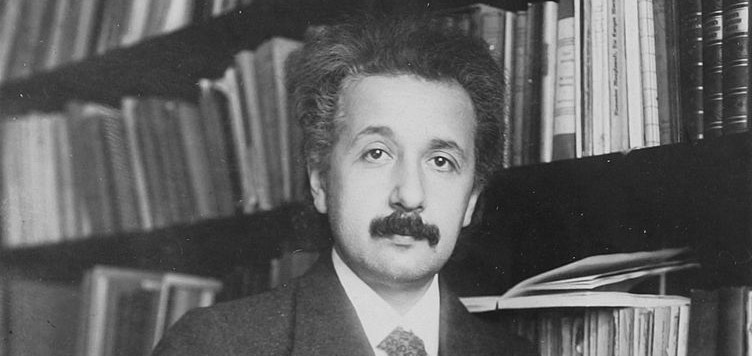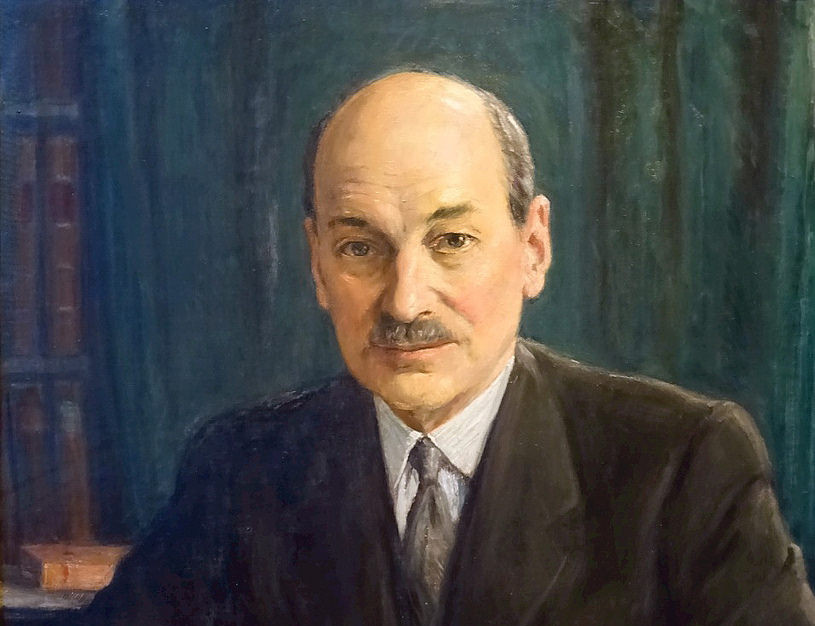In John Milton’s 1637’s poem “Lycidas,” corrupt clergy are threatened with a obscure punishment:
The hungry Sheep look up, and are not fed,
But swoln with wind, and the rank mist they draw,
Rot inwardly, and foul contagion spread:
Besides what the grim Woolf with privy paw
Daily devours apace, and nothing sed,
But that two-handed engine at the door,
Stands ready to smite once, and smite no more.
What is the “two-handed engine”? That’s been a riddle for nearly 400 years. In 1950, Oberlin College philologist W. Arthur Turner collected 10 possibilities, ranging from the nations England and Scotland to “[t]he sheep-hook, which in Milton’s day apparently had an iron spud on the straight end and could be used as a weapon.” Turner himself thought that “the only engine which does meet all the requirements is the lock on St. Peter’s door (or the power of the lock), to which he carries the key.” But there’s still no strong consensus.
(W. Arthur Turner, “Milton’s Two-Handed Engine,” Journal of English and Germanic Philology 49:4 [October 1950], 562-565.)



